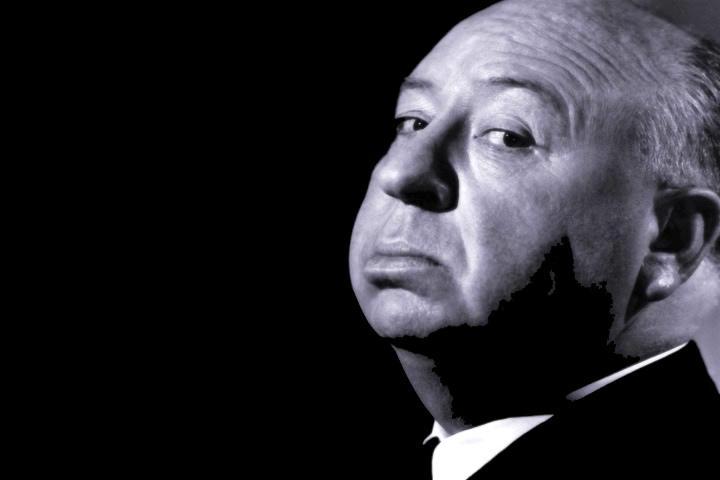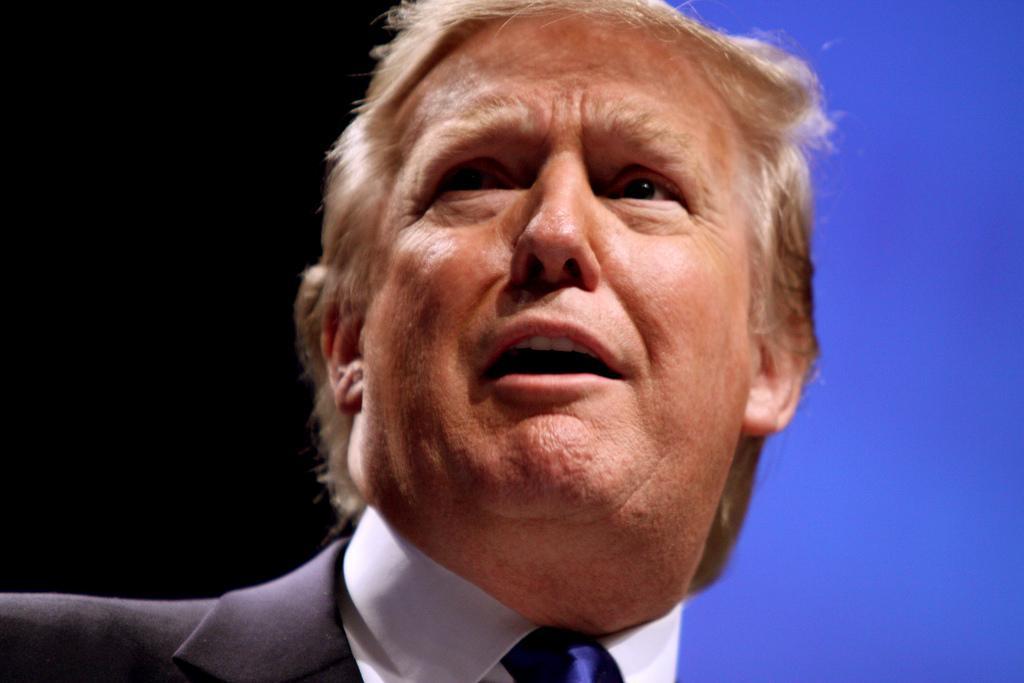How Life Imitates Art...Film Critic or Political Pundit?
Posted by Marjorie Dick Stuart on Friday, August 19th, 2016 at 7:32am.

I just wanted to write about how much we loved having our son, Rhett, home for the summer. It went so fast! He’s headed back to Atlanta for his junior year. I’m going to miss him, but I’m thrilled for him.
He decided to major in film. Summer in our home was an Alfred Hitchcock “Movie Marathon.”
Since it’s an election year, my husband, Bill, suggested I include the following, remarkably foresighted selections from IndieWire posted a year ago, August 13, 2015.
P.S. Remember MadLibs? Let’s play! To make sense of the “Race for the White House,” insert the name of a candidate in each blank.
.jpg)

2016 Election Coverage: Political Commentary Ripped From Today’s Headlines disguised as reviews of: Alfred Hitchcock's Top 25 Films
“__________ always had visual flair and a distinct style, and knew how to implicate audiences in his dark, often opaque characters."
“__________ proved the suits wrong over and over again, because he understood better than any filmmaker... what audiences really want. Clearly, he enjoyed shocking and frightening them.”
“One of the earliest to instinctively understand the power of branding,_______ had an instinct for self-promotion... He created a wry comedic persona... who winks at the audience as he sets out to scare the bejeezus out of them.” “Read it and weep.” —Anne Thompson
25. “The Paradine Case” (1947)
“Napoleon had Waterloo... _________ got something to hide.” —John Anderson
24. “Lifeboat” (1944)
“__________ often surprises... such as when she kisses __________ before his leg must be amputated or reapplies her lipstick as a kind of cosmetic life preserver.” —Susan Wloszczyna
23. “Frenzy” (1972)
“Just when most fans had given up hope... along came a darkly nasty __________.” —Susan Wloszczyna
22. “The Wrong Man” (1956)
“__________ swears ‘every word is true.’ In retrospect, this was likely too grim and depressing a noir for the masses... But from a distance, its jaded, world-weary spirit feels apropos of the here and now.” —Ryan Lattanzio
21. “Saboteur”(1942)
“__________ and __________ (in) climactic chase atop the Statue of Liberty... it’s all a bit obvious.” —John Anderson
17. “Foreign Correspondent” (1938)
“It’s funny how the film’s star, __________, has faded from public consciousness... it provides for one of Hitchcock’s iconic moments – a crane shot that shows, not the fleeing assassin, but the ripple he causes through a crowd of umbrellas — and sets Huntley on the trail of agents intent on setting the world aflame. __________ may not be better than __________, but god it’s a lot more fun.” —John Anderson
16. “Suspicion” (1941)
“Joan Fontaine does not trust __________, who’s ambitious to be more than he is. Is it her fanciful imagination that runs away with her... or is her gut telling her to be afraid, very afraid? __________ snakes us through the ebbs and flows of their evolving emotions, manipulating us at every hairpin turn.” —Anne Thompson
15. “The Lady Vanishes” (1938)
“...during which time we are thoroughly acquainted with __________ and their supreme self-interest (which, rather than pure evil, is the on-board source of malignancy).” —John Anderson
13. “Marnie” (1964)
“... this portrait of a damaged con artist, __________, remains one of the director’s most slippery, challenging works... anchored by __________ stricken performance.” —Matt Brennan
12. “North by Northwest” (1959)
“__________ (along with __________) clambers over craggy presidents at Mount Rushmore.” –Anne Thompson
11. “The 39 Steps” (1935)
“By the time __________ stumbles into giving a rousing political speech, in which he longs for a world ‘where everyone gets a square deal and a sporting chance,’ ‘The 39 Steps’ seems no less significant than a premonition.” —Matt Brennan
8. “Shadow of a Doubt” (1943)
“While Hitchcock’s films often relied on the theme that appearances are deceiving, few of his titles strike as close to home and seem as relevant as this unveiling of the dark underbelly of seemingly wholesome small-town USA. Teresa Wright is highly relatable as Charlotte, a teenager dissatisfied with her middle-class existence who idolizes her charismatic and worldly Uncle Charlie (charmingly monstrous __________).” —Susan Wloszczyna
5. “The Birds” (1963)
“She has accused the ‘evil and deviant’ __________ of sexual harassment that would be against the law today... (He referred to her only as ‘the girl’).”
“__________ in “The Birds” is the iciest of Hitchcock’s blondes. –Anne Thompson
3. “Psycho” (1960)
“__________ reaches new heights of screeching terror. __________ manipulated time, space and the viewer, and critics didn’t know what to make of it.” –Anne Thompson
1. “Notorious” (1946)
“Just watched this one with Bill and Rhett. __________ got what he deserved, and __________ escaped with her life.”
